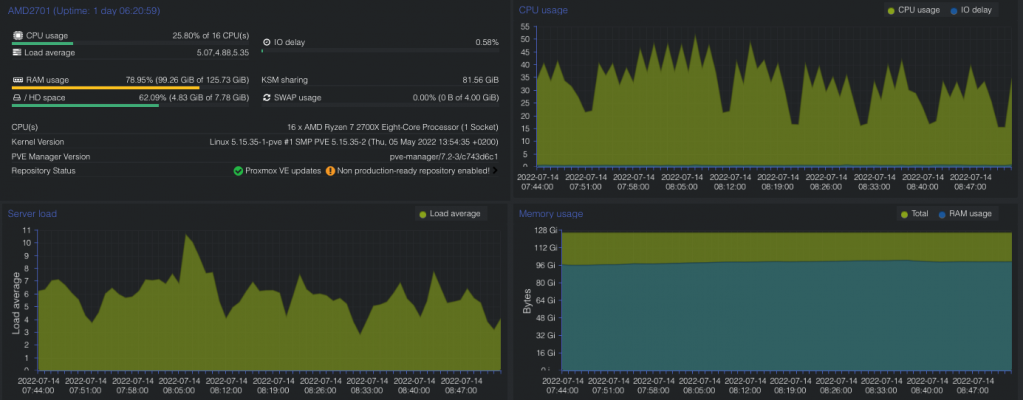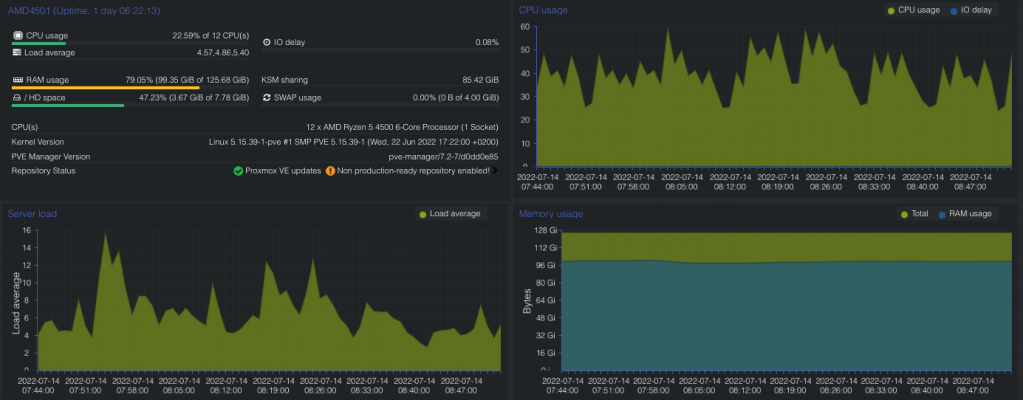So I currently have a Ryzen 2700 on the B450I Gaming Plus AC. The board's CMOS battery is gone and replacing it is pointless as the replacement also runs out in like a day. But it works fine otherwise, just have to set the XMP profile on every startup. Slightly annoying but I can live with it.
I was planning to get the 3080 in a few months but no plans to change the mobo or CPU. However, I've recently come into possession of the Asrock B550-ITX/ac, which obviously does not support the 2700.
So I'm wondering if I should keep the current CPU/mobo and sell the B550 or buy a new 5000 series Ryzen and sell the old CPU/mobo combo.
I wanna keep this system for gaming, movies/shows and light office work for the next few years. So what do you guys suggest? Which is the better way forward?
Thanks for reading.
I was planning to get the 3080 in a few months but no plans to change the mobo or CPU. However, I've recently come into possession of the Asrock B550-ITX/ac, which obviously does not support the 2700.
So I'm wondering if I should keep the current CPU/mobo and sell the B550 or buy a new 5000 series Ryzen and sell the old CPU/mobo combo.
I wanna keep this system for gaming, movies/shows and light office work for the next few years. So what do you guys suggest? Which is the better way forward?
Thanks for reading.






